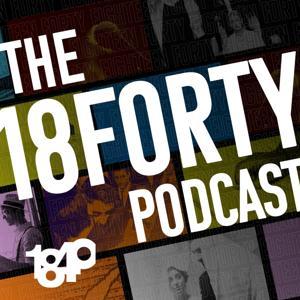In 2025, we convened about 40 new conversations, taking up the great questions of modern Jewish life—questions of war and peace, providence and civilization, memory and meaning. This year, Mosaic's editor Jonathan Silver spoke to military strategists, scholars of religion, writers, historians, rabbis, one Catholic priest and two Catholic theologians, and professors whose students have become soldiers. The conversations ranged from urgent tactical questions facing Israeli commanders to the enduring theological debates that have shaped Western civilization.
The most dramatic event of 2025 came in June, when American B-2 bombers struck three nuclear sites in Iran, neutralizing the Islamic Republic's nuclear-weapons program in what came to be known as Operation Midnight Hammer. This followed a coordinated Israeli-American campaign that, in twelve days, fundamentally altered the strategic landscape of the Middle East. By October, a fragile ceasefire had taken hold in Gaza, though the questions of what comes next—for the tunnels beneath Gaza, for the Palestinian national movement, for regional order—remained unresolved.
The year also brought loss. In April, Pope Francis died after a prolonged illness, prompting reflection on the state of Jewish-Catholic relations and the church's posture toward Israel and the Jewish people. And in December, Norman Podhoretz, the great editor and defender of America and Israel, died at the age of ninety-five.
Meanwhile, a disturbing season of anti-Semitic violence descended upon American Jews. Arson attacks, shootings, and other forms of terrorism made clear that the ideological ferment on campuses and in progressive circles had transformed into something more dangerous. Jewish students looked to their institutions for strength and clarity, and the results were mixed at best.
Through it all, we asked: what does Israel's war reveal about providence and Jewish history? What does it mean to teach the Iliad to students who themselves are warriors? Can the collapse of a failed Palestinian nationalism open new possibilities for peace? How should Jews understand the resurgence of ancient Christian heresies that seek to sever the New Testament from the Hebrew Bible? Our primary aim has not been to chronicle events but to understand their deeper significance.
Now that 2025 has come to an end, we're looking back at a number of clips from the past year in hopes that, as we plan another year of conversations in 2026, you'll return to our archive and listen to some of the most fascinating episodes we've already recorded.
This episode of the Tikvah Podcast is generously sponsored by David Bradlow. If you are interested in sponsoring an episode of the Tikvah Podcast, we invite you to join the Tikvah Ideas Circle. Visit tikvah.org/circle to learn more and join.




































